What to Watch For
What to watch for in your child's development at each age:
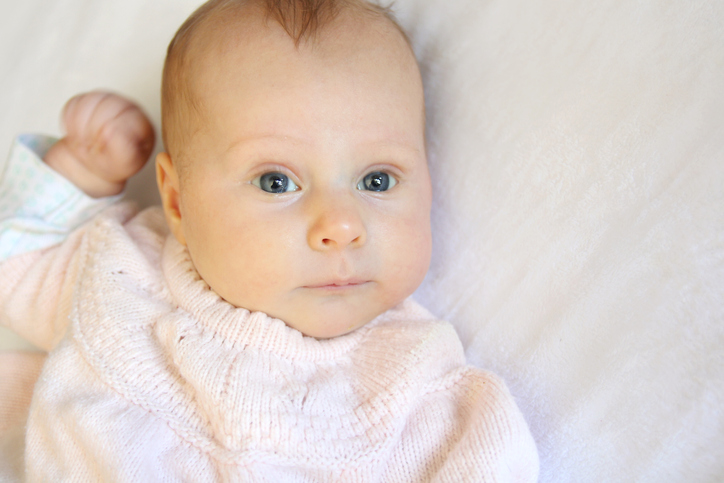
Aware of hands
Follows a moving object
Shows anticipatory excitement
Smiles when spoken to
Lifts head and chest when lying on stomach
Head steady when upright
Rolls side to side
Reaches toward objects
Holds and may shake a rattle
Laughs
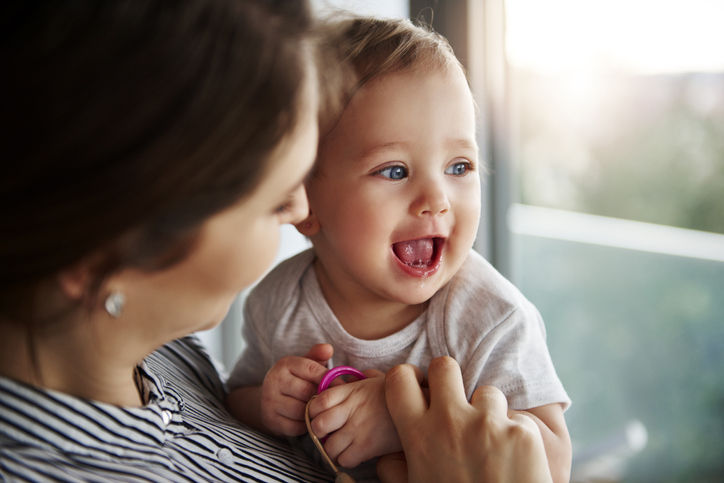
Mouths objects
Lifts arms to parents
Identifies self in mirror
Recognizes familiar faces and voices
Looks around for source of sound
Rolls back-to-stomach, stomach-to-back
Sits well leaning on hands
Grasps and pulls things to self
Bangs toy on surface
Babbles
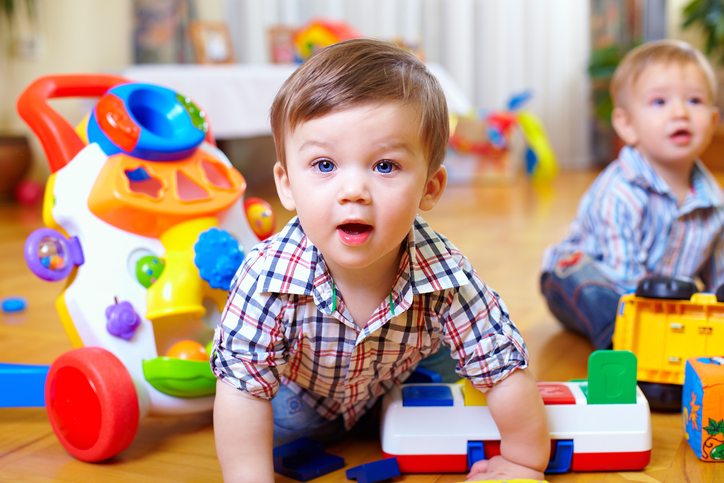
Looks for hidden toy
Looks at pictures in book
Puts objects in and out of containers
Waves “bye-bye”
Gives affection to people and toys
Plays peek-a-boo
Pulls self to standing
Crawls on hands and knees
Puts one object on top of another
Says 2-3 words
Responds to simple commands
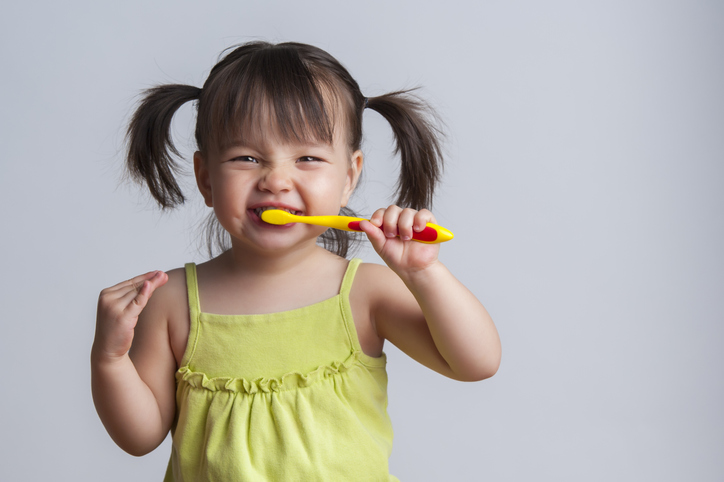
Identifies one body part
Points to pictures in books
Dumps small objects from a bottle
Does actions to a simple song
Usually plays by self, sometimes plays near others
Walks, runs, climbs
Walks up and down steps with some help
Throws a ball overhand
Stacks three blocks
Uses 10-12 words

Follows simple directions
Values own property, “mine” stage
Kicks a ball
Walks up and down stairs independently
Jumps from bottom step
Opens doors and unscrews lids
Stacks several blocks
Asks for items by name
Stays at least 50+ words
Refers to self using name
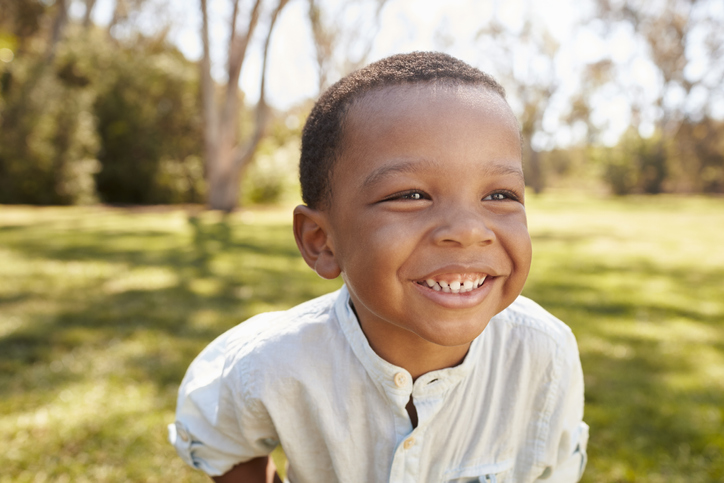
Understands big and little
Gives first and last name
Plays simple group games
Knows if they are a boy or girl
Jumps well
Walks up stairs alternating feet
Matches and sorts objects by color and size
Threads a shoelace
Asks and answers simple questions
Speaks in full sentences and uses plurals
What is "Developmental Screening"?
Like a yardstick for measuring height, developmental screening is a tool that helps families measure their children's development through the early years, including:
- How children use their hands, bodies, and senses (motor skills).
- How children think and solve problems (cognitive skills).
- How children use language - speaking, listening and understanding (communication skills).
- How children express their emotions and relate to others (social and emotional skills).
- How children help take care of their own needs, like feeding and dressing (personal).
Why is developmental screening important?
Developmental Screening is important for all young children! We know that children grow and learn at their own rates, but it's still important to assure that they are developing as expected. You can both track and promote your child's development with fast and fun screening activities that help you:
- Make sure your kid is on track
- Learn about what's coming next in your child's development
- Discover new ways to help your child grow and learn
Screening your child regularly is also the best way to catch any concerns early when the right information at the right time makes all the difference!
Pathways.org
For more information about your child's development, visit pathways.org.

